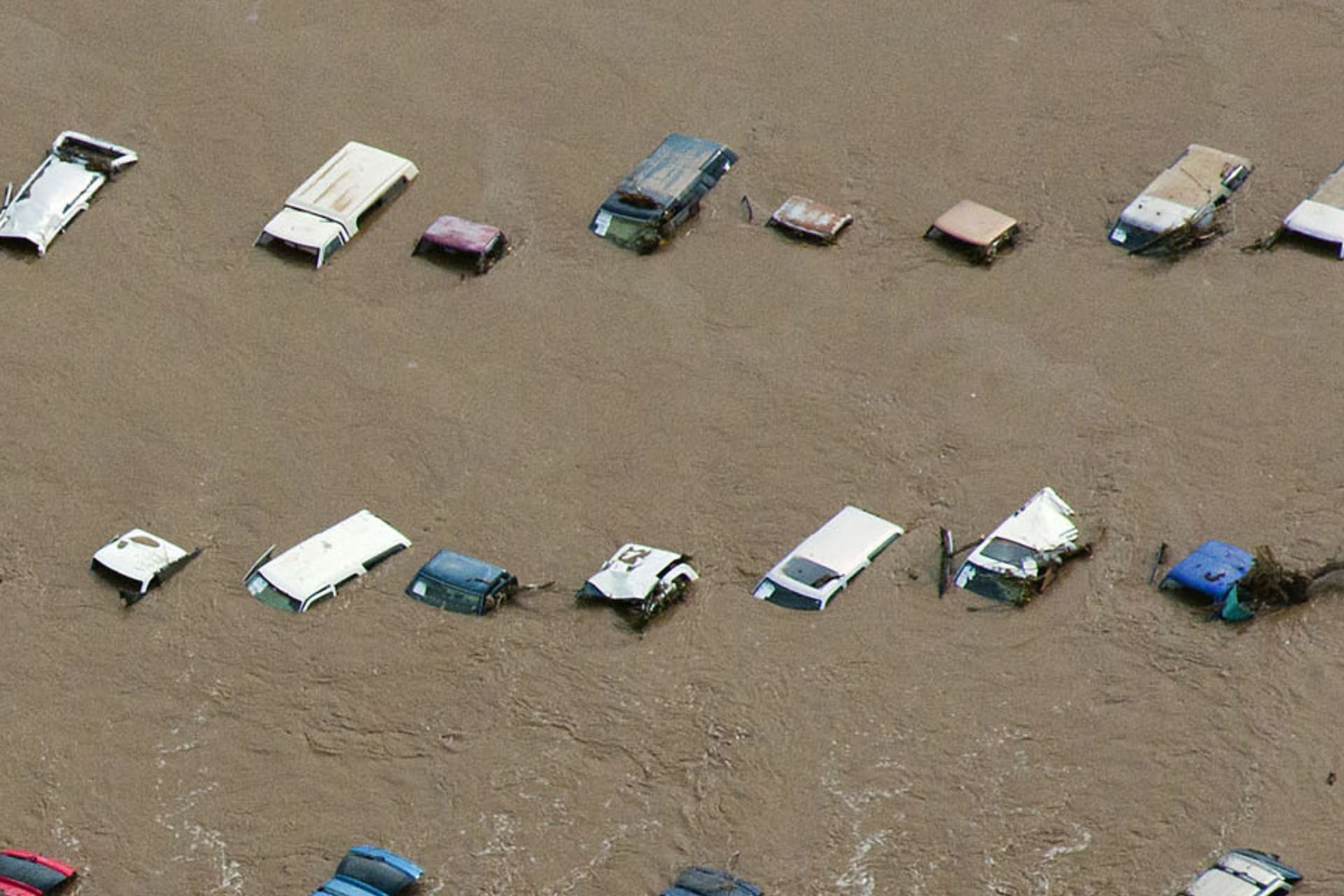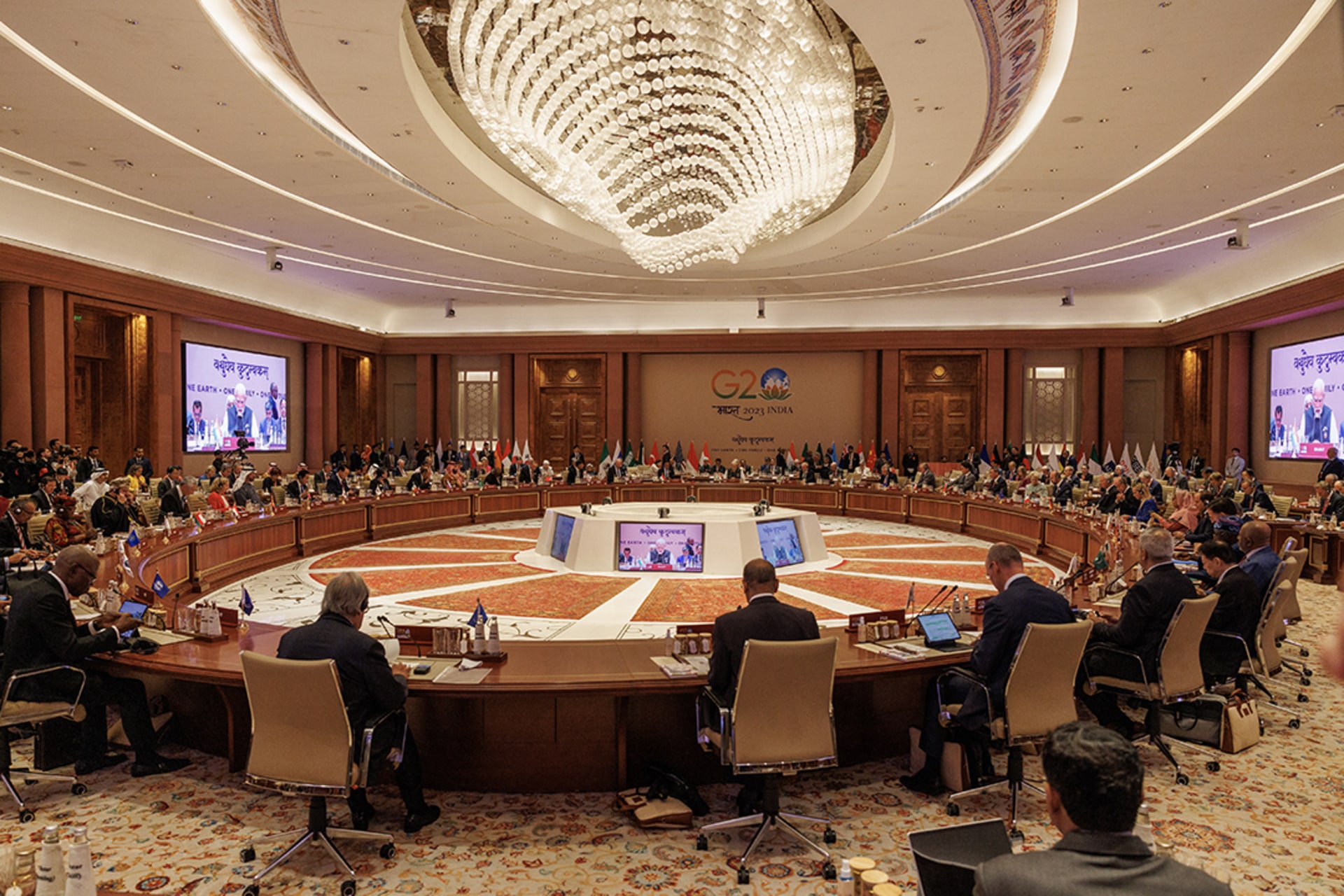The Arab League and Iraq
Published
This publication is now archived.
Introduction
The decision by the Arab League to empower its secretary-general, the former Egyptian foreign minister Amr Moussa, to organize a conference on national reconciliation in Iraq is being viewed with cautious optimism. Sunnis in Iraq, suddenly on the outside after decades of running the country, welcome the initiative. But longstanding suspicions among Shiites and Kurds about the Sunni-dominated Arab League’s agenda may limit Moussa’s ability to affect the debate. One way or another, experts view the October 2005 initiative as something of a shift in the Arab world’s perspective on Iraq. Where previously the Arab League had been largely silent on post-Saddam Iraq, Moussa’s trip is seen as an indication that the Arab world is beginning to grapple with the implications of a democratic Iraq run by Shiites, a prospect viewed with concern by some of the Arab world’s governments.
What is the Arab League?
The twenty-two-member League of Arab States (including “Palestine”) grew out of a British initiative during World War II to create a platform for Arab nationalism that would be resistant to Axis overtures. The League soon overtook its colonial foster parent, however, and by the end of the war in 1945, it was devoting most of its energies to preventing the foundation of a Jewish state in Palestine and to containing the influence of the West. The seven founding members in March 1945 were still under some form of British or French administration: Egypt, Iraq, Jordan, Lebanon, Saudi Arabia, Syria, and Yemen.
What states comprise the Arab League?
Besides the seven founding states, the League includes Libya, Sudan, Morocco, Tunisia, Kuwait, Algeria, the United Arab Emirates, Bahrain, Oman, Qatar, Mauritania, Somalia, Palestine (a seat formerly held by the Palestine Liberation Organization), Djibouti, and the Comoros.
What has the Arab League done with regard to the Iraq war?
The Iraq War that began in 2003 badly split the Arab League generally along the same lines that the Arab world divided during the Gulf War of 1990-91. The states of the Arabian Gulf—Kuwait, Saudi Arabia, the United Arab Emirates and Bahrain, supported or at least refused to publicly object to the U.S.-led military deployments ahead of the war. Several, including Syria and the Palestinian Authority, are deeply opposed. The League itself, as is often the case, thus is unable to coordinate Arab policy.
In September 2003, five months after the fall of Saddam Hussein, the Arab League extended diplomatic recognition to the interim Iraqi government. However, none of these states has yet established a permanent diplomatic mission in Iraq, a sore point in relations with Baghdad.
How is the Arab League viewed in Iraq?
Iraq’s government has complained bitterly about the Arab League’s inaction since the fall of Saddam’s regime. A recent flare-up came on September 5, when Iraqi President Jalal Talabani complained that none of the Arab world’s leaders had expressed sympathy or offered aid in the wake of a stampede of religious pilgrims in Baghdad that left nearly 1,000 dead. Talabani’s remarks underscored ethnic and religious suspicions that Iraqi Kurds and Shiites feel toward the Arab League, most of whose twenty-two member states are ruled by Sunni Arabs. Talabani, a Kurd, told reporters in September that Arab League statements demanding that Iraq’s constitution declare itself an Islamic and Arab country demonstrated a bias. “The other [Arab constitutions] do not have this text…Why do they not make such a demand from Sudan? Why this insistence on demanding it from Iraq? They know Iraq is a multinational country,” he said. Among the Iraqi Sunni minority, however, the Arab League is viewed as more sympathetic to their plight.
What is the significance of Amr Moussa’s visit?
Experts suggest that the Arab League’s decision to raise its level of engagement in Iraq suggests that the wider Arab world is beginning to worry about the affects of a Shiite-controlled Iraq at the top of the Persian Gulf as a proxy for Iran’s interests. This is partly tied, they say, to Iran. Britain already has formally demanded that Iran stop its interference in the Basra region, which British army intelligence has detected behind a rash of attacks on United Kingdom (UK) forces.
Iraq’s Arab neighbors also know all too well that a major faction within the raging insurgency there is al-Qaeda, an organization as happy to shed the blood of apostate Arab dictators as crusaders and Jews.
“This really reinforces what the U.S. is already trying to do,” says Ken Katzman, a Middle East expert at the Congressional Research Service. “Obviously, these states are mostly led by Sunnis, and there is a major concern among them that Sunnis in Iraq have been marginalized.”
How has the United States reacted?
On October 3, State Department Spokesman Scott McCormack said: “It’s a positive development where the Arab League has decided that they are going to send a diplomatic mission to Baghdad and to show their support for the Iraqi people. We would certainly encourage the Arab League as well as its member-states to think about other steps that they might take to support the Iraqi people.” (Full Briefing)
What can the Arab League offer Iraq’s Shiite majority and Kurds?
For the Kurds, who are enjoying influence in Baghdad undreamed of before Saddam’s fall, there is no great desire to see Iran rule Iraq by proxy—a “devil you know” attitude that Moussa may be able to exploit. Moussa may also seek to bridge the gap between the Shiites currently holding the balance of power and those Sunnis who, to date, have refused to have anything to do with them. As Katzman notes, there is some fear among the newly empowered Shiites that the negotiations over the constitution’s many mechanisms may, in the end, turn out to be a debate about which form of government will be toppled by the insurgents when the Americans leave. “There’s a view in some places that the insurgency is having some success, and maybe now the Arab League feels it will have a bit leverage on the Kurds and Shiites,” he says.
The insurgents themselves extended some “street cred” to Moussa’s project when they attacked a convoy carrying his advance team in Baghdad October 10. The attack killed three policemen escorting the convoy, but Moussa vowed not to let it prevent him from pursuing the initiative.
However, skepticism remains. Prominent Kurdish and Shiite officials have pointed out that the Arab League long refused to meet with their representatives during Saddam’s years in power and failed to raise objections to his regime’s brutal treatment of dissenters. Iraqi President Talabani, who met with Moussa’s advance team, termed the visit “better than nothing, although it came late.”
Who is Amr Moussa?
Moussa is a former Egyptian foreign minister whom Time magazine has called “the most adored public servant in the Arab world.” Viewed as something of a rival by his old boss, Egypt’s President Hosni Mubarak, Moussa took over the secretary-general’s post in 2001. Since then, he has shaken up the Arab League’s bureaucracy, which had been regarded as something of a retirement home for Arab diplomats. The League’s decision to endorse a 2002 Saudi Middle East peace plan that would recognize Israel’s right to exist was viewed as a break from the past and credited to Moussa’s leadership.
Moussa also has risked the anger of some member states by speaking forthrightly on Iraq. He has repeatedly countered the Arab argument that it is the American presence there that is to blame for everything. Answering a question from an Arab television reporter earlier this year, he insisted Iraq’s violence stems from forces far more complex than simply the foreign military presence in the country. “There is another cause: It is the ongoing manipulation of sectarian sentiments,” he said. “It is not merely the occupation—perhaps because there is an understanding with the current Iraqi authority over the presence of the foreign troops, or perhaps because the foreign presence is so far backed by a UN Security Council resolution….There is another cause for the violence, namely, the manipulation of sectarian and religious tendencies.”t
Colophon
Staff Writers
- Michael E. Moran





